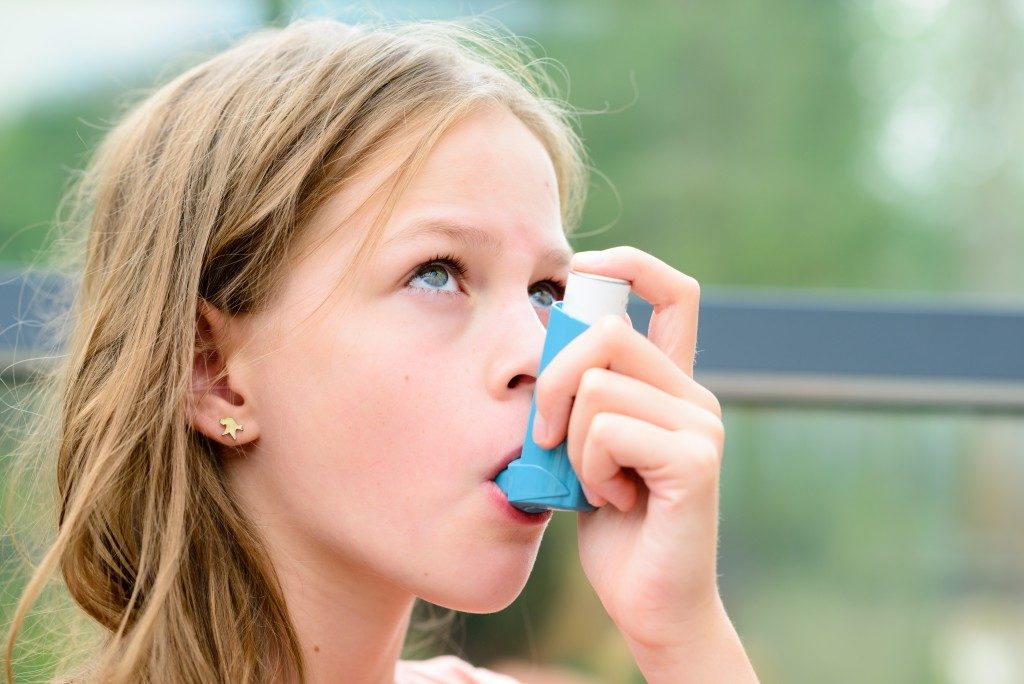About 8.3% of kids in the U.S. have asthma, according to recent estimates by the American Academy of Allergy, Asthma, and Immunology (AAAAI). This number is even rising, so much so that it is considered as one of the most common chronic diseases in children.
If you have asthma, you are well aware of how terrifying an attack can be. Managing asthma in kids is challenging, but if you educate yourself, you can support your child better and provide them with the necessary tools they need in order to fend for themselves.
Simple Ways to Help Your Young Child
It can be very hard to explain exactly what asthma is to young children, but here are practical ways to help you out.
- Figure out your kid’s triggers and eliminate them as best as you could from their environment, including the school they go to for preschool programs in Phoenix, AZ.
- Ensure that everyone in the school knows about your kid’s asthma action plan and how they can help your child in the event of an attack.
- Keep rescue meds, like an inhaler, wherever your kid goes. Make sure your little one knows how to use it and what to do next.
Why Being Knowledgeable and Prepared Is Key
Having a plan in place and the right medications provides kids and their parents with some semblance of control. In addition, experts now recommend that as soon as your kid is old enough to really understand the situation, you should let them participate in preparing their action plan.
This action plan should be in written form and outlines which specific medications should be administered. It should also include the things you should do on days when your kid feels generally well, when asthma and cold symptoms manifest, and when symptoms get worse and require emergency help.
When to Get More Help for Your Kid

Lots of asthmatic kids will not ever have to see a therapist, provided that they have their asthma under control. However, if you notice that your kid is always feeling down in the dumps, anxious, or confusing an asthma attack with a panic attack, you may need to get professional help.
Studies have shown that individuals with asthma are more susceptible to developing anxiety or depression than those who do not have asthma. You must also get professional help in the event that your child’s asthma, anxiety, or depression is starting to interfere with their daily activities.
It is also very crucial to note that your kid’s condition may progress gradually over time. This may make symptoms harder to manage with the exact same routines and medications. See your kid’s doctor if you suspect that you have to make some tweaks to your child’s action plan.
However, even if your kid’s asthma seems to be well managed, continue seeing your kid’s doctor on a regular basis. By staying on top of everything and knowing how you can plan for the potential challenges that managing asthma can bring, you will empower your child to thrive and grow while keeping their asthma effectively under control.






